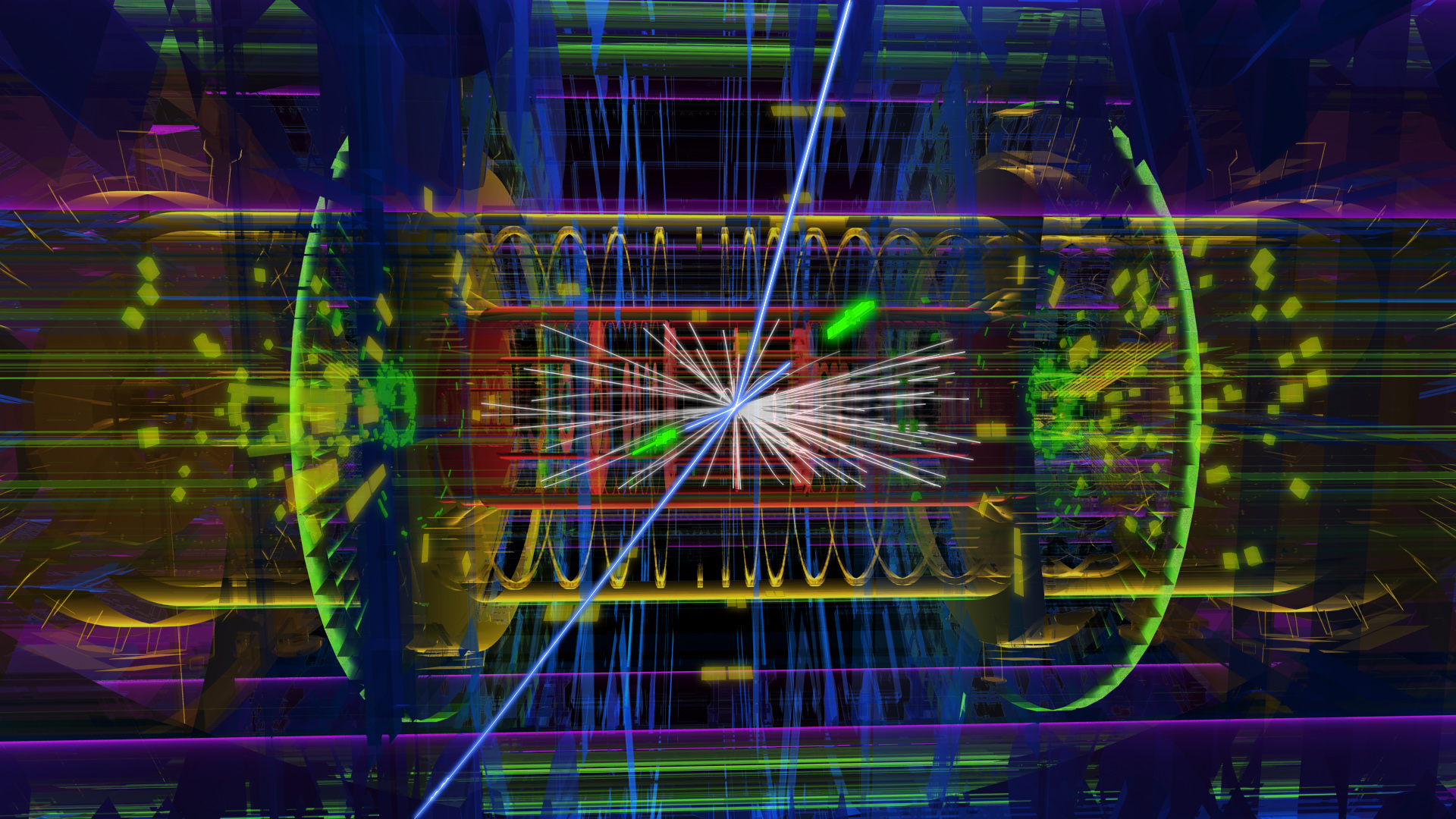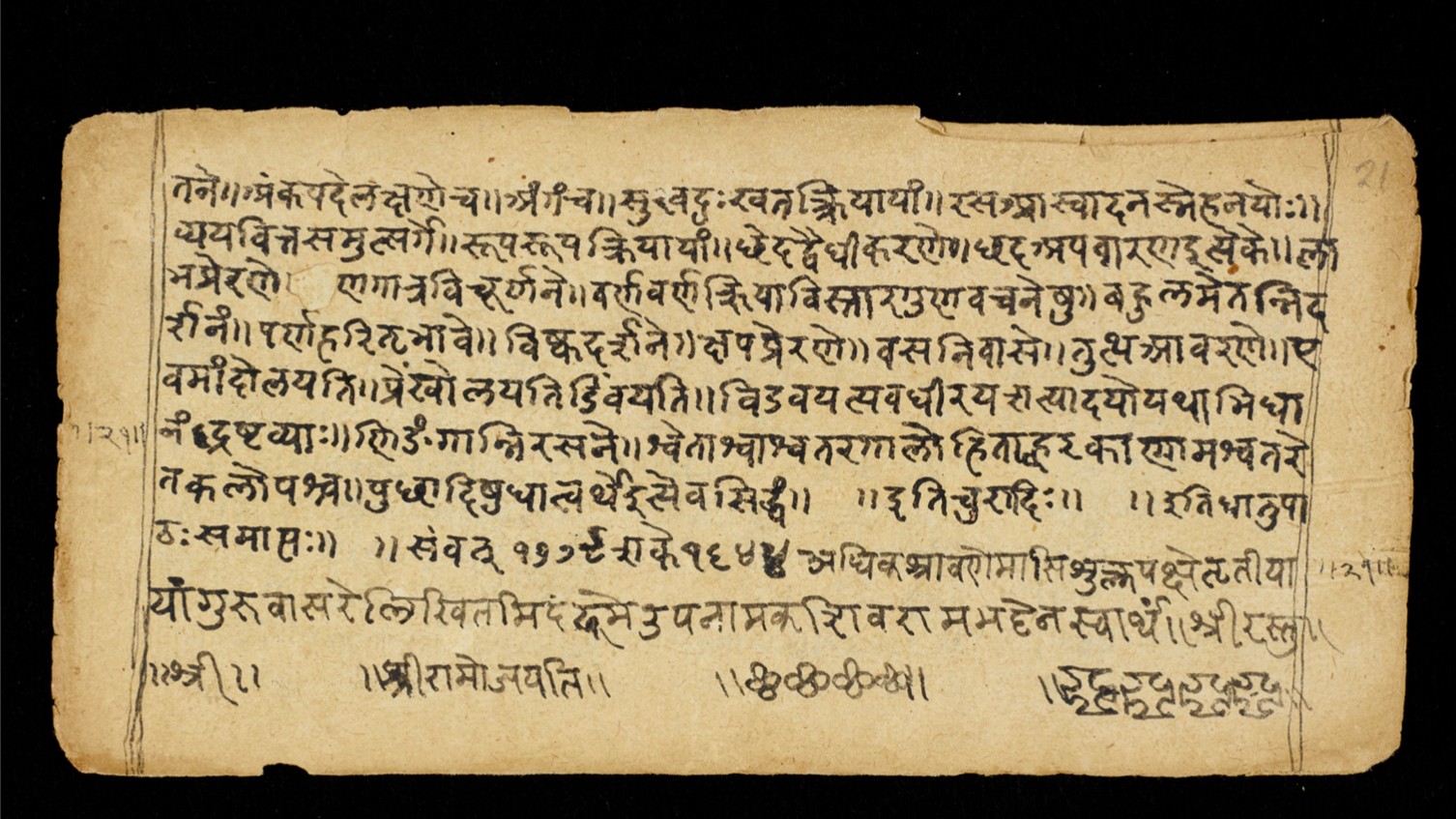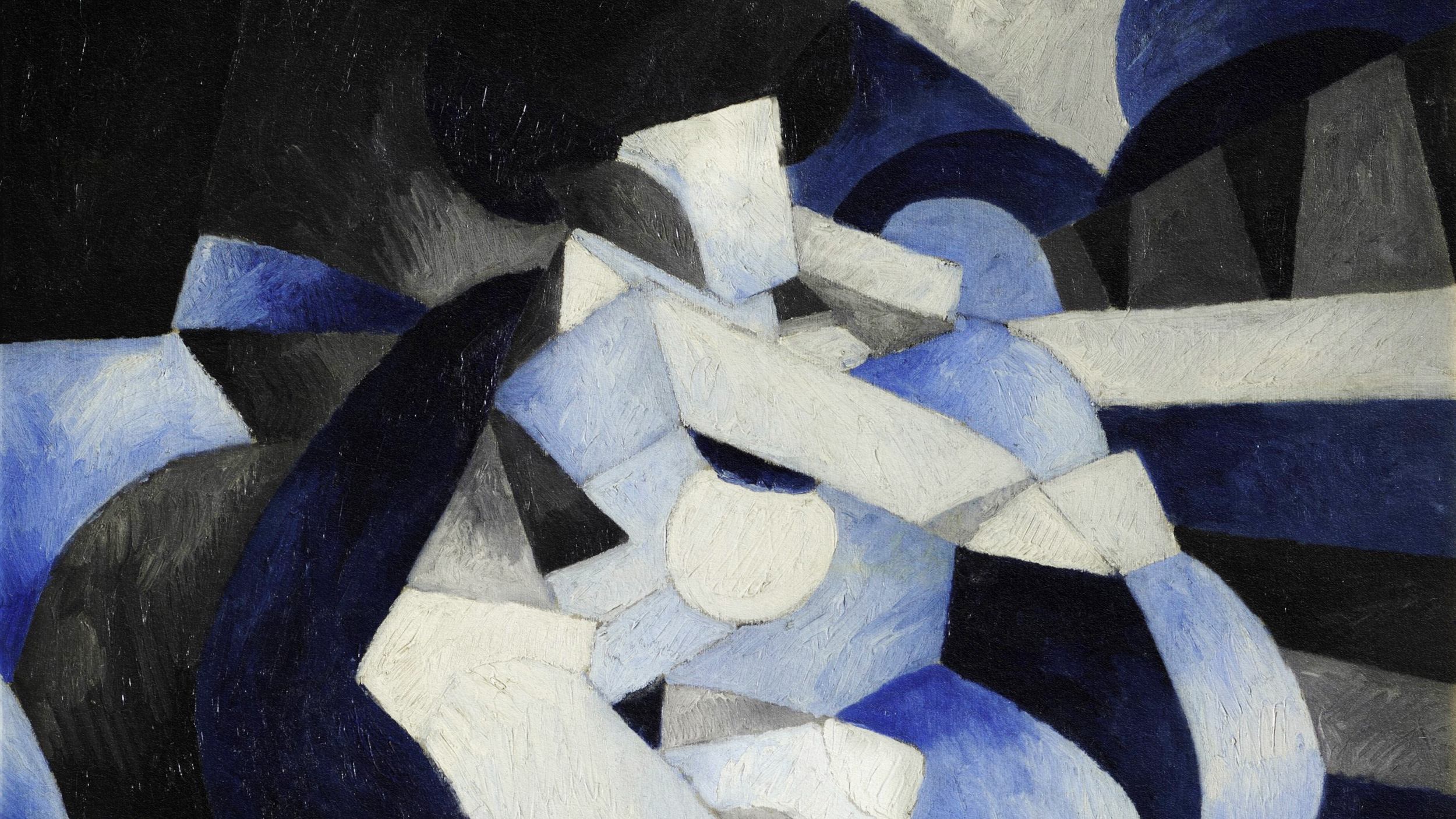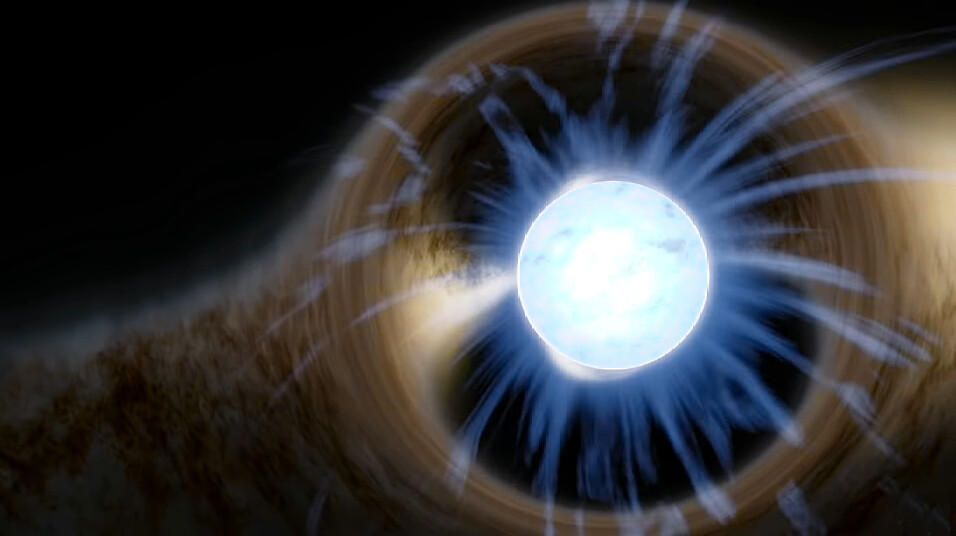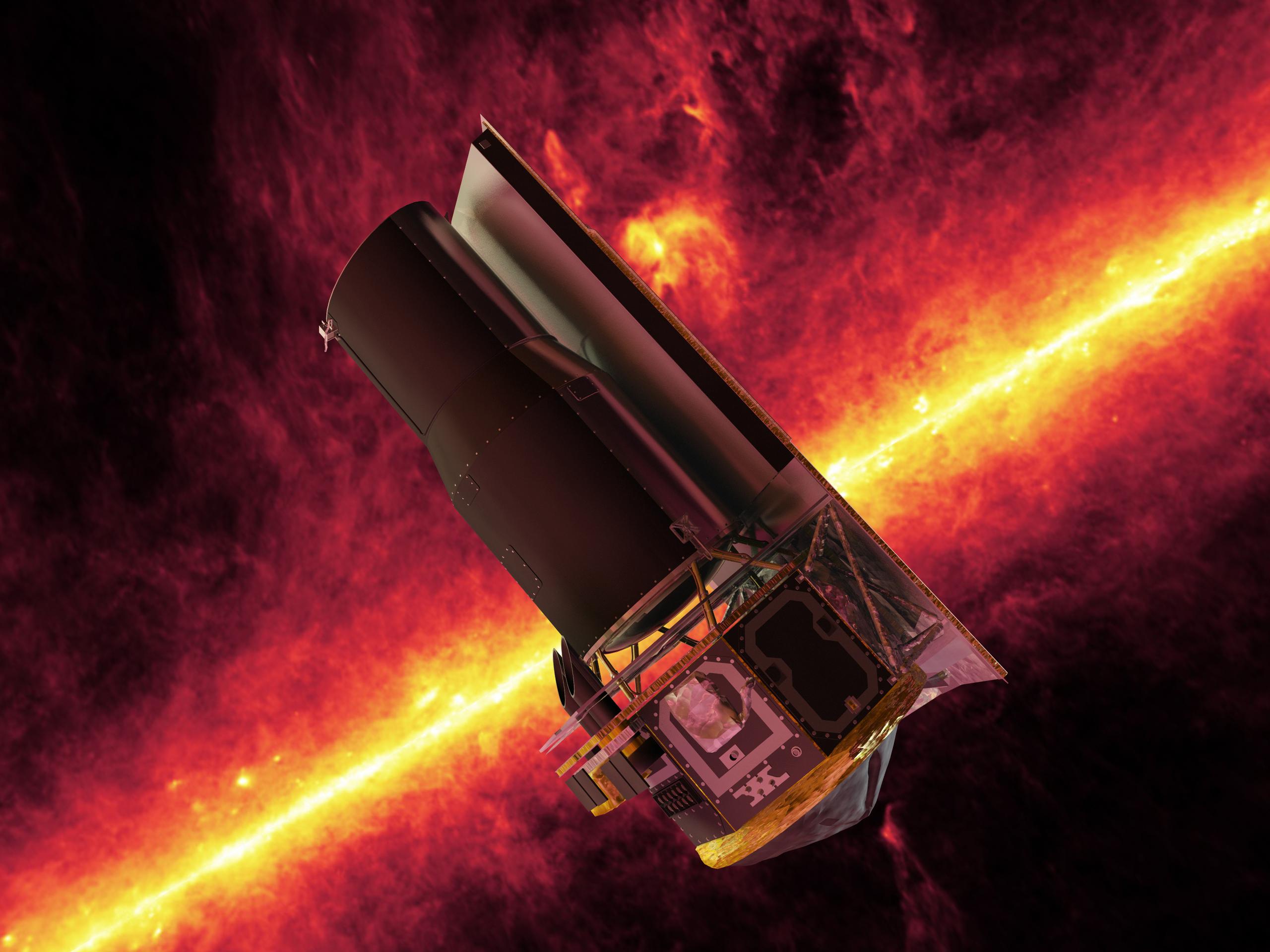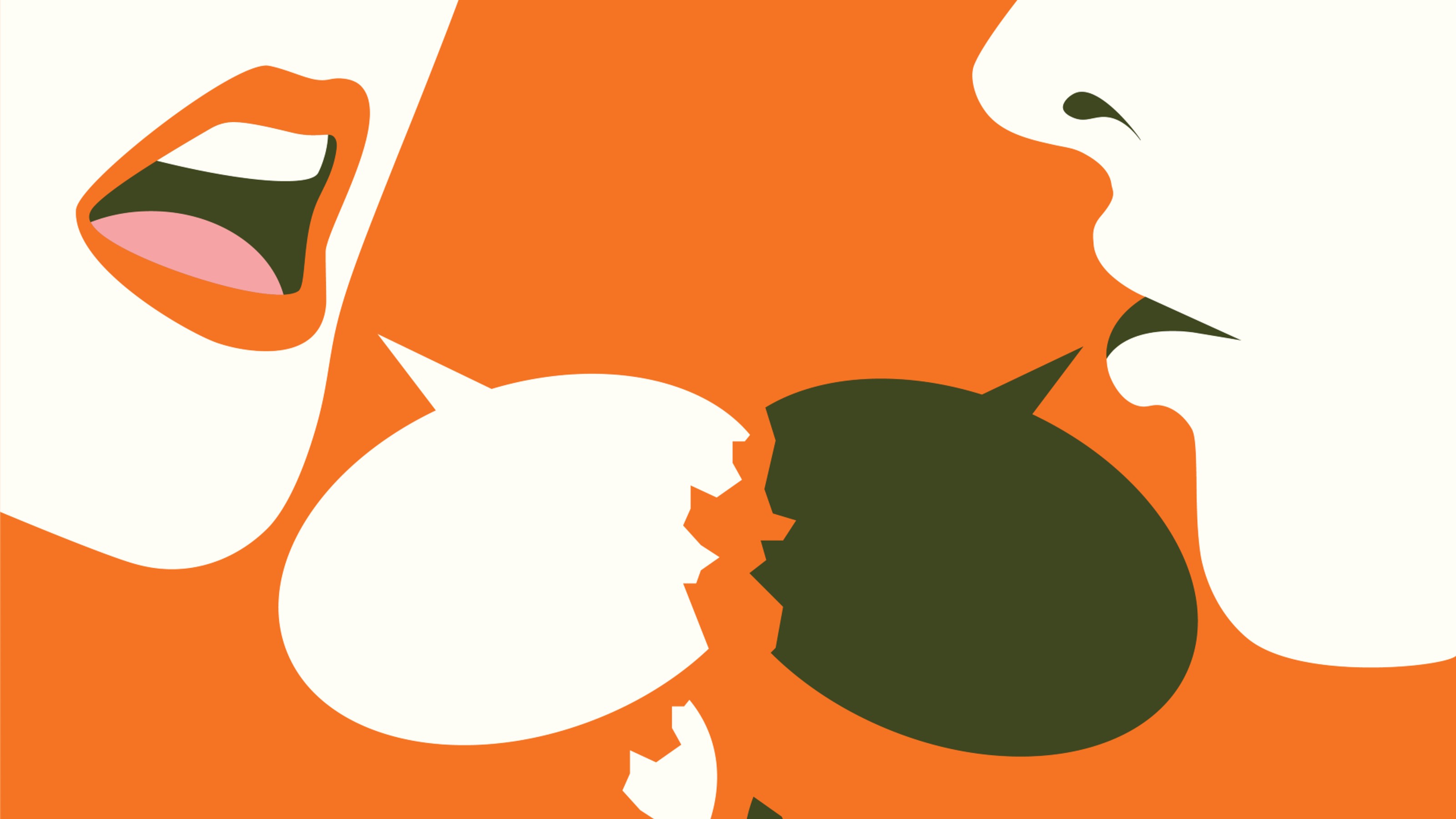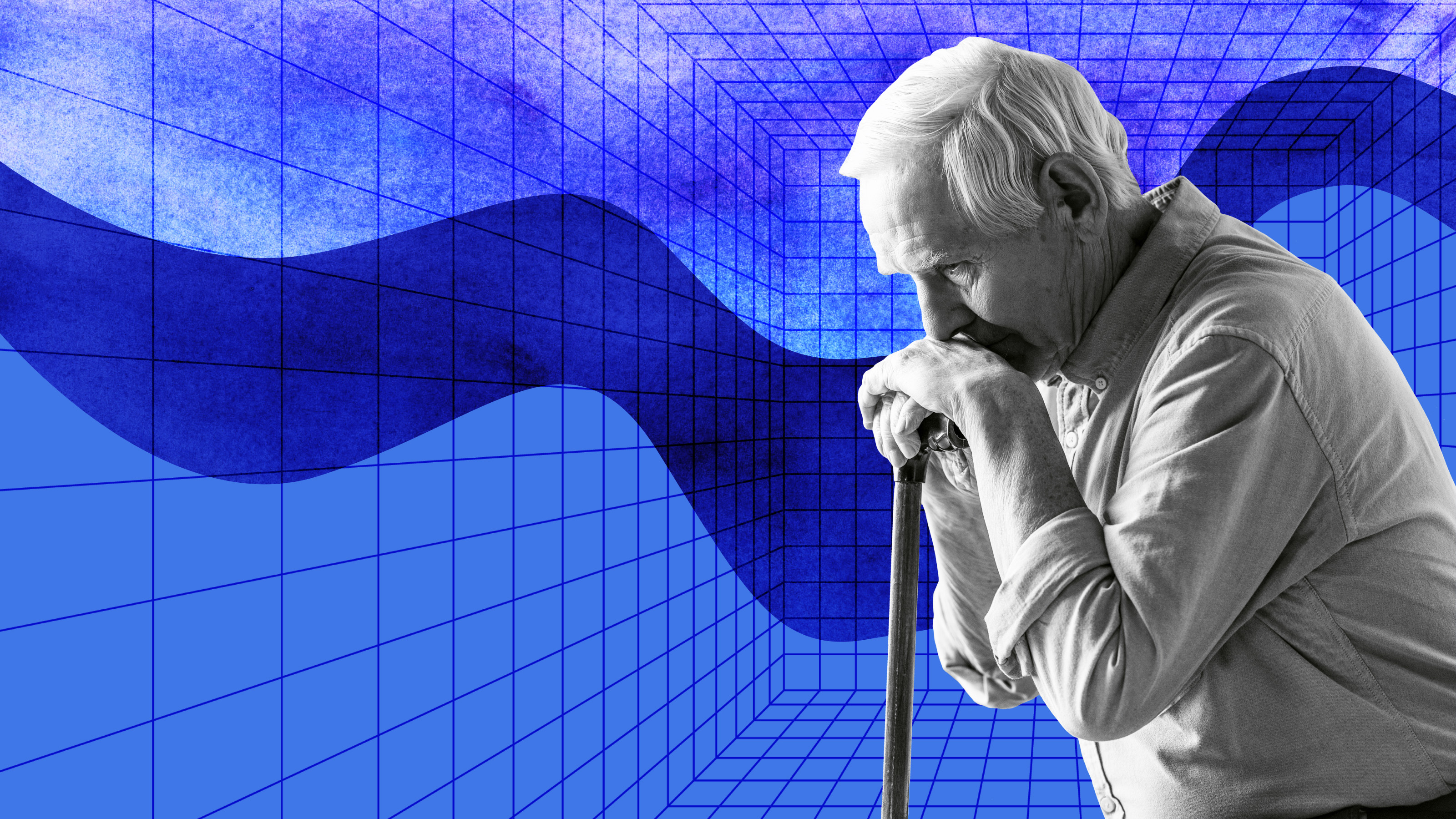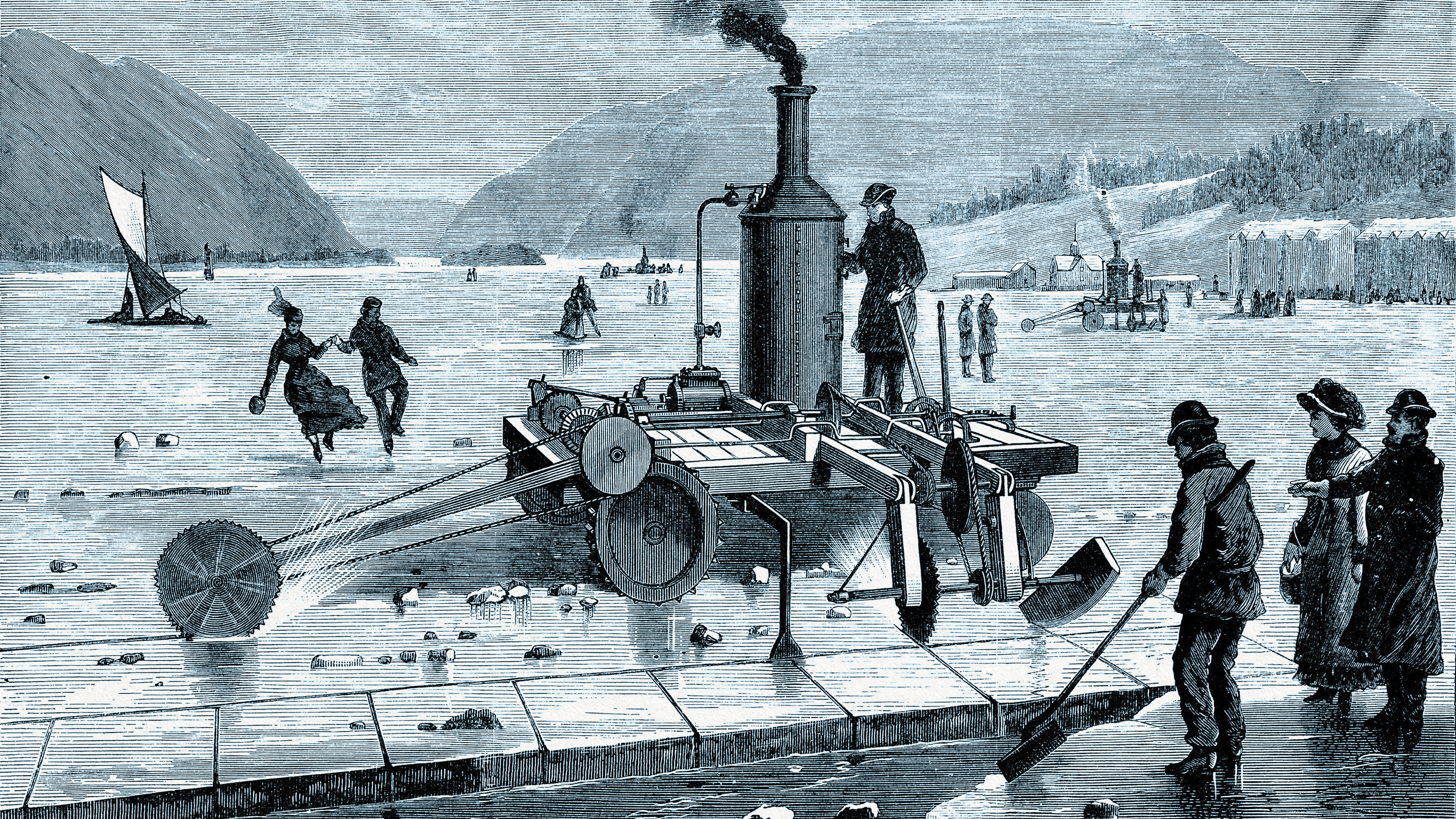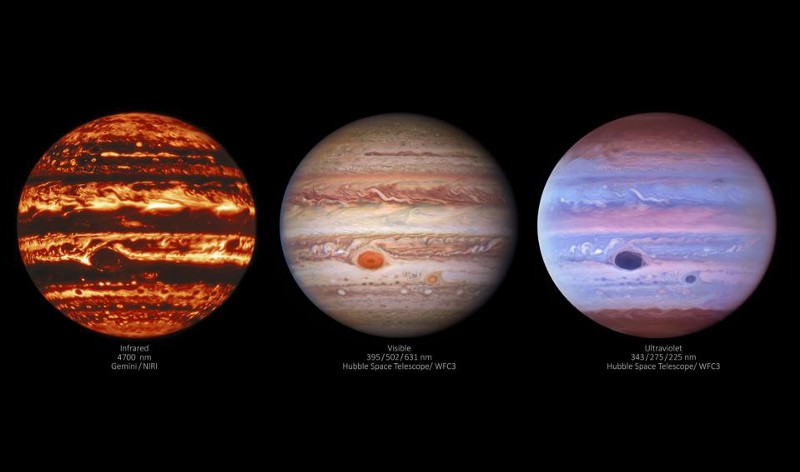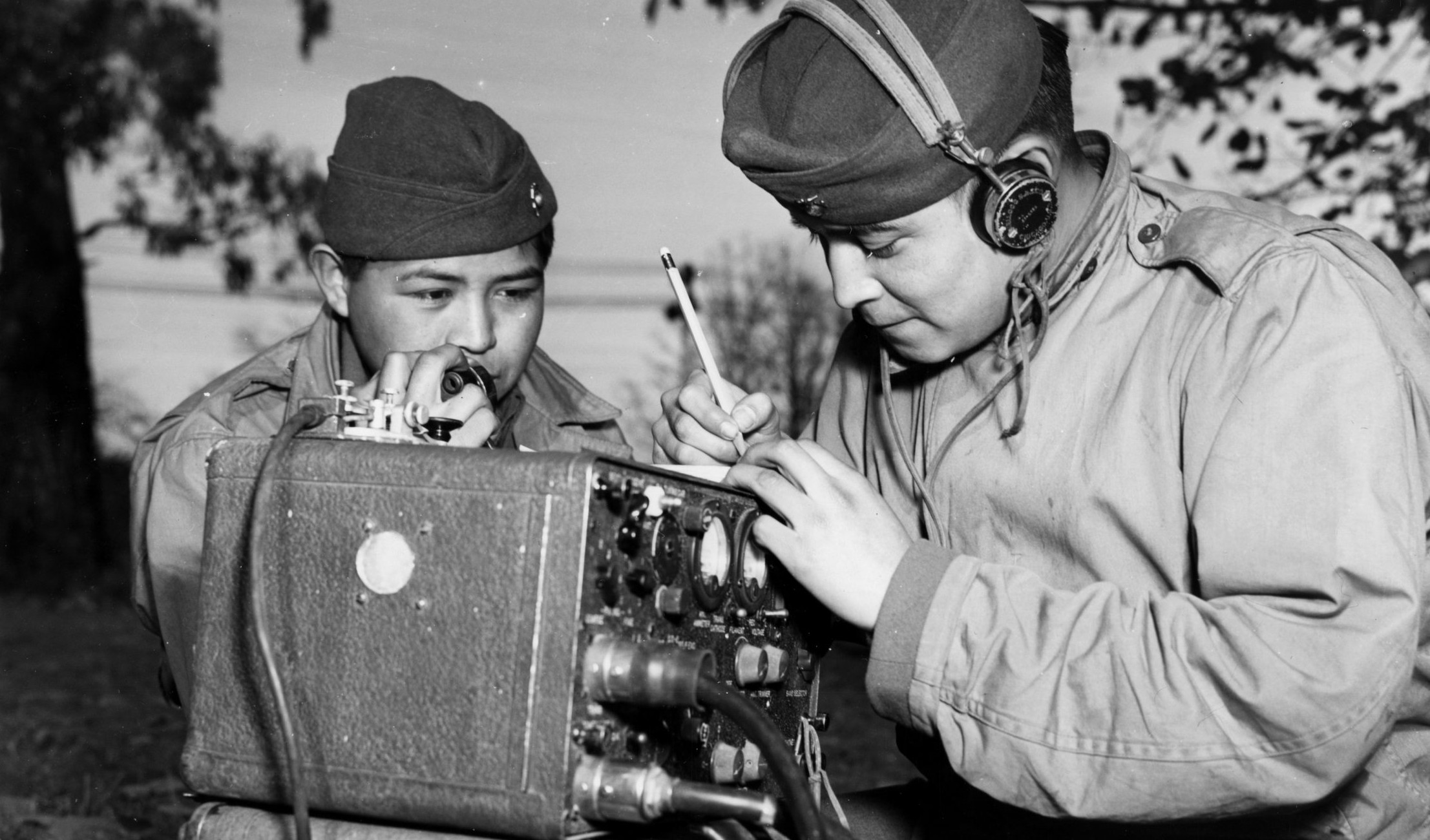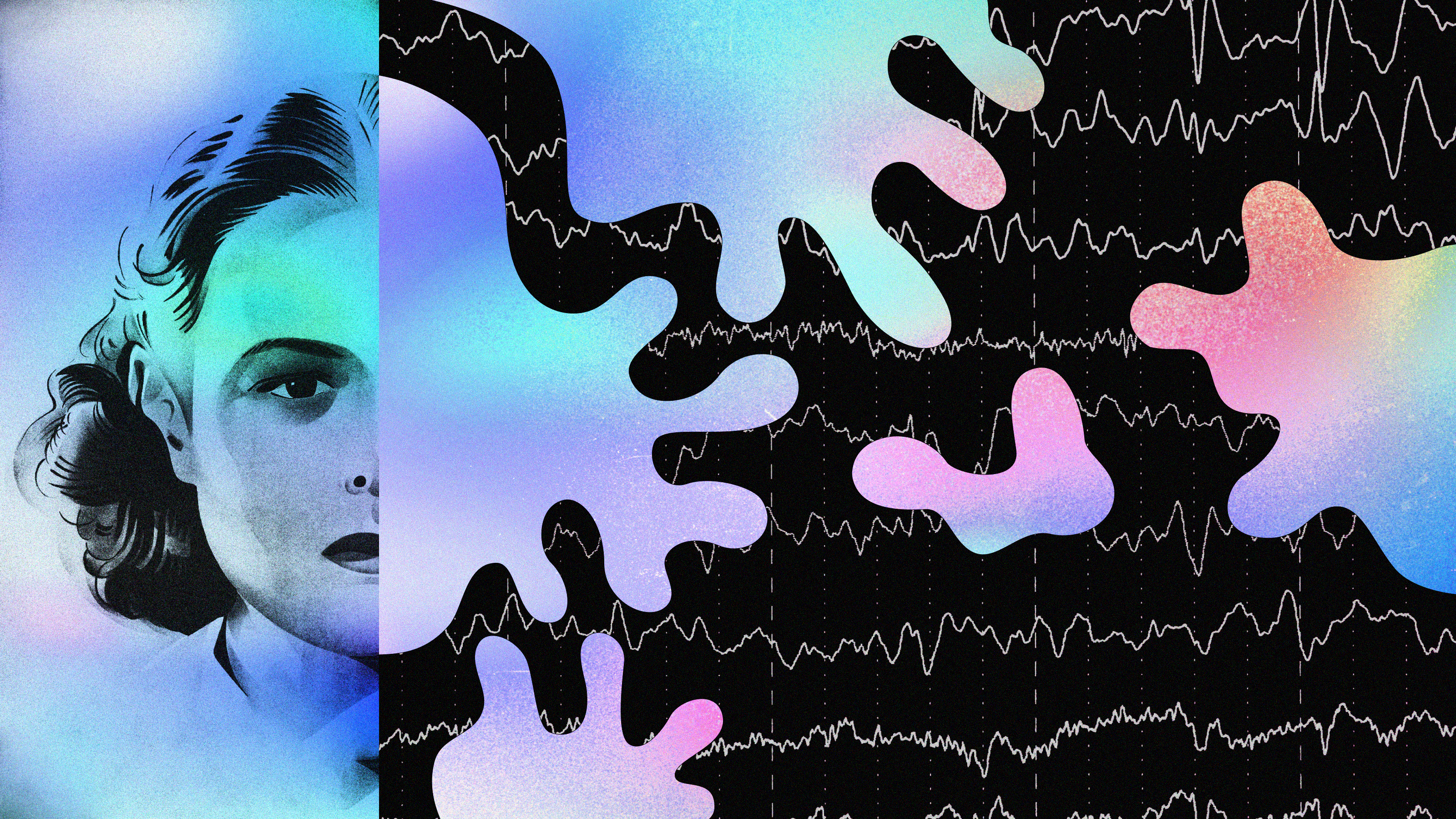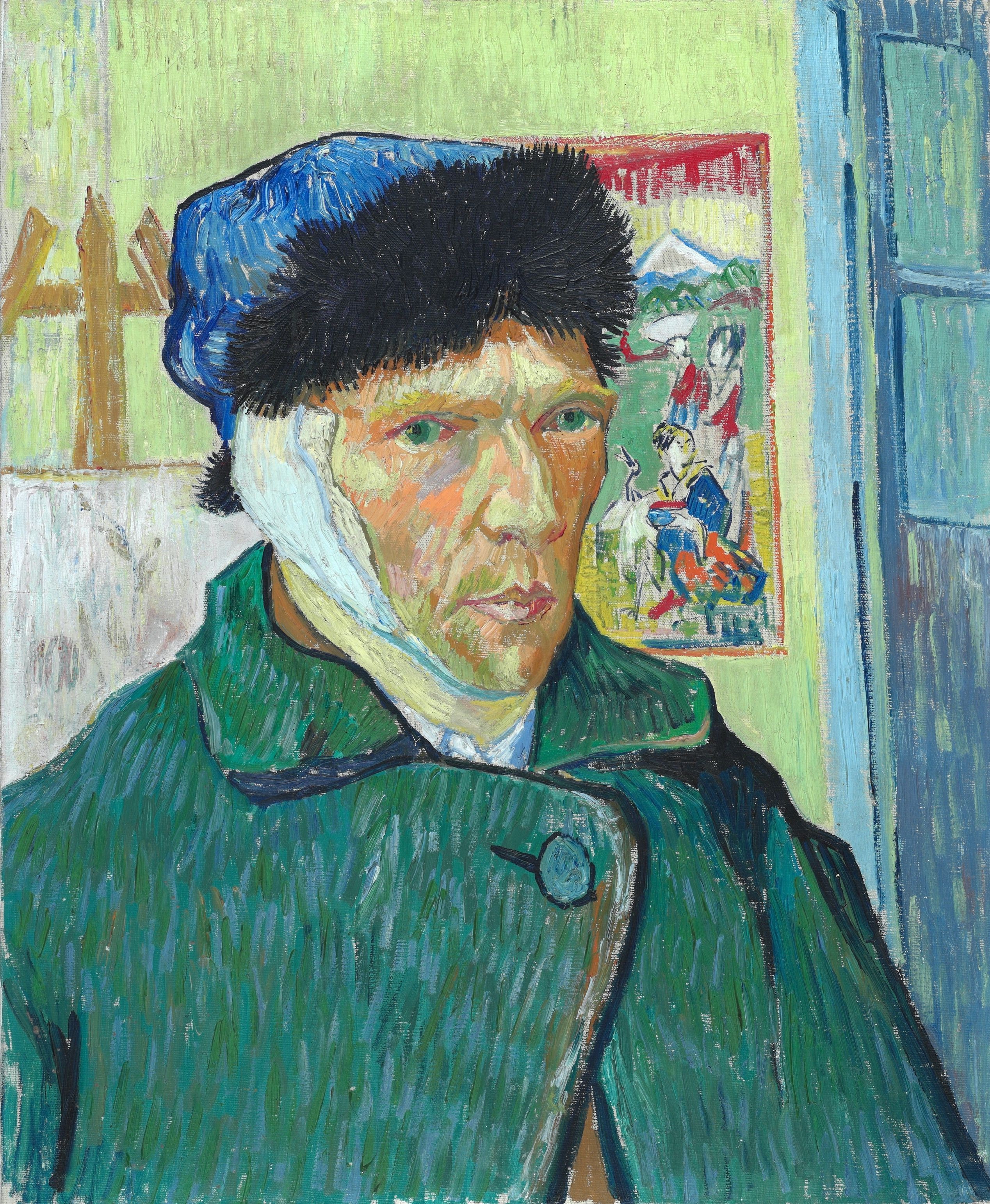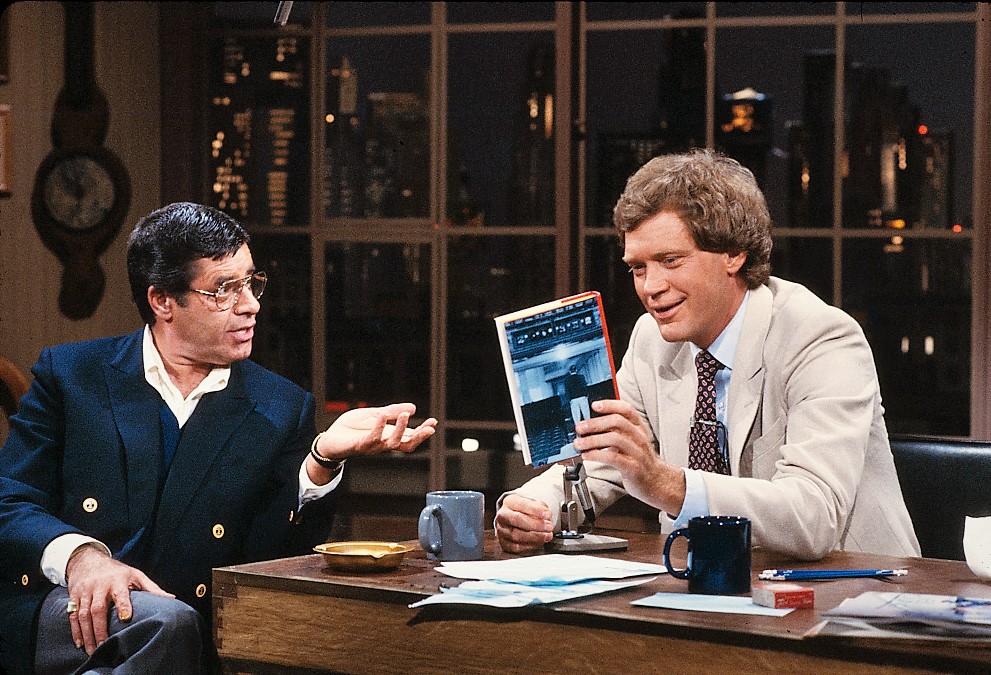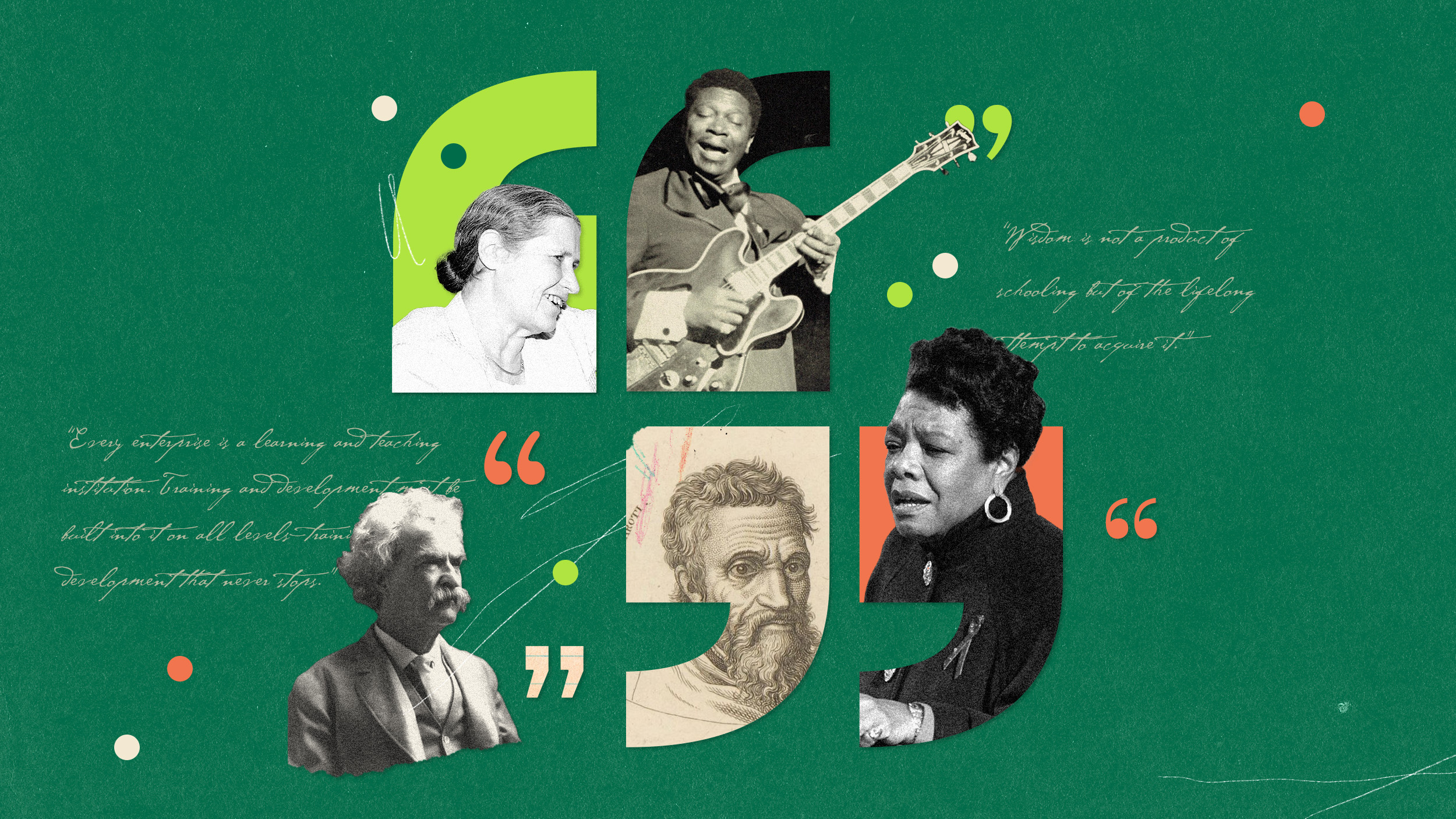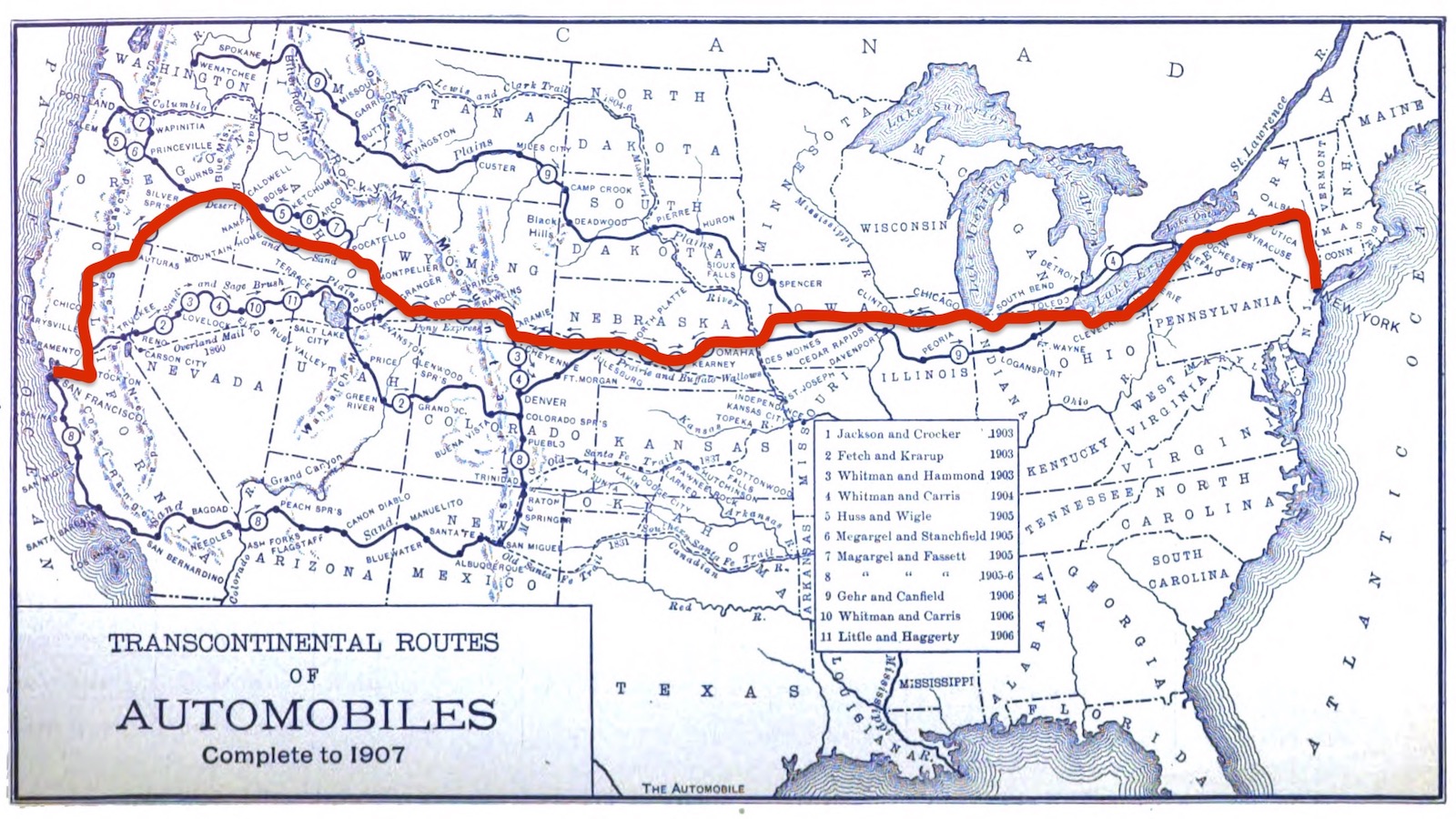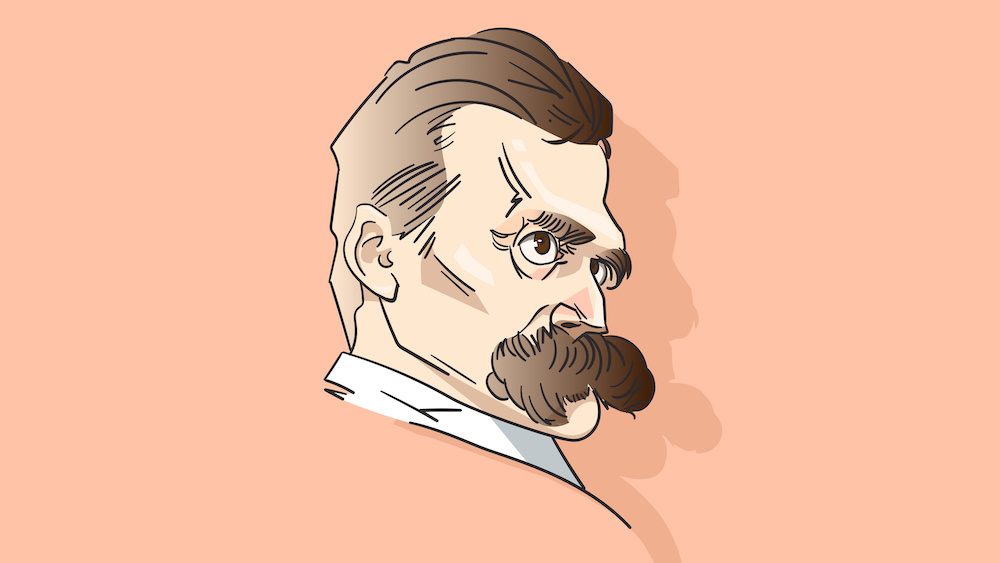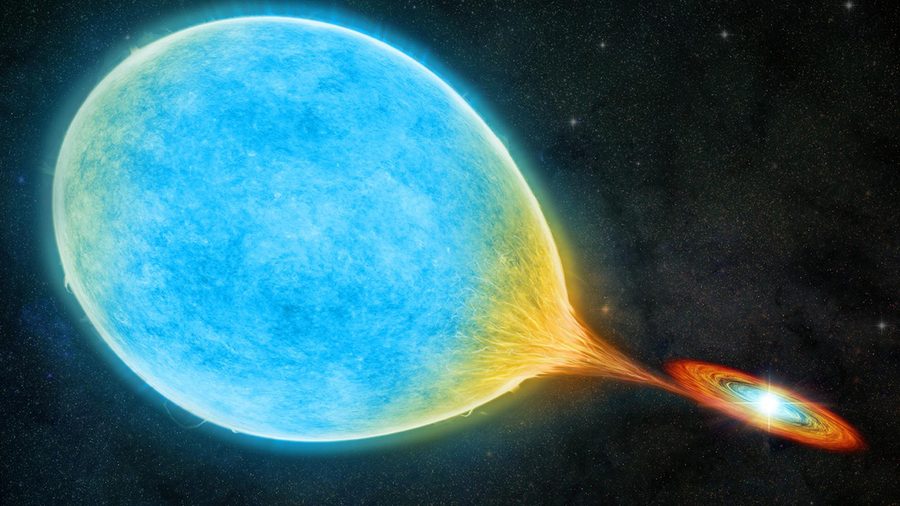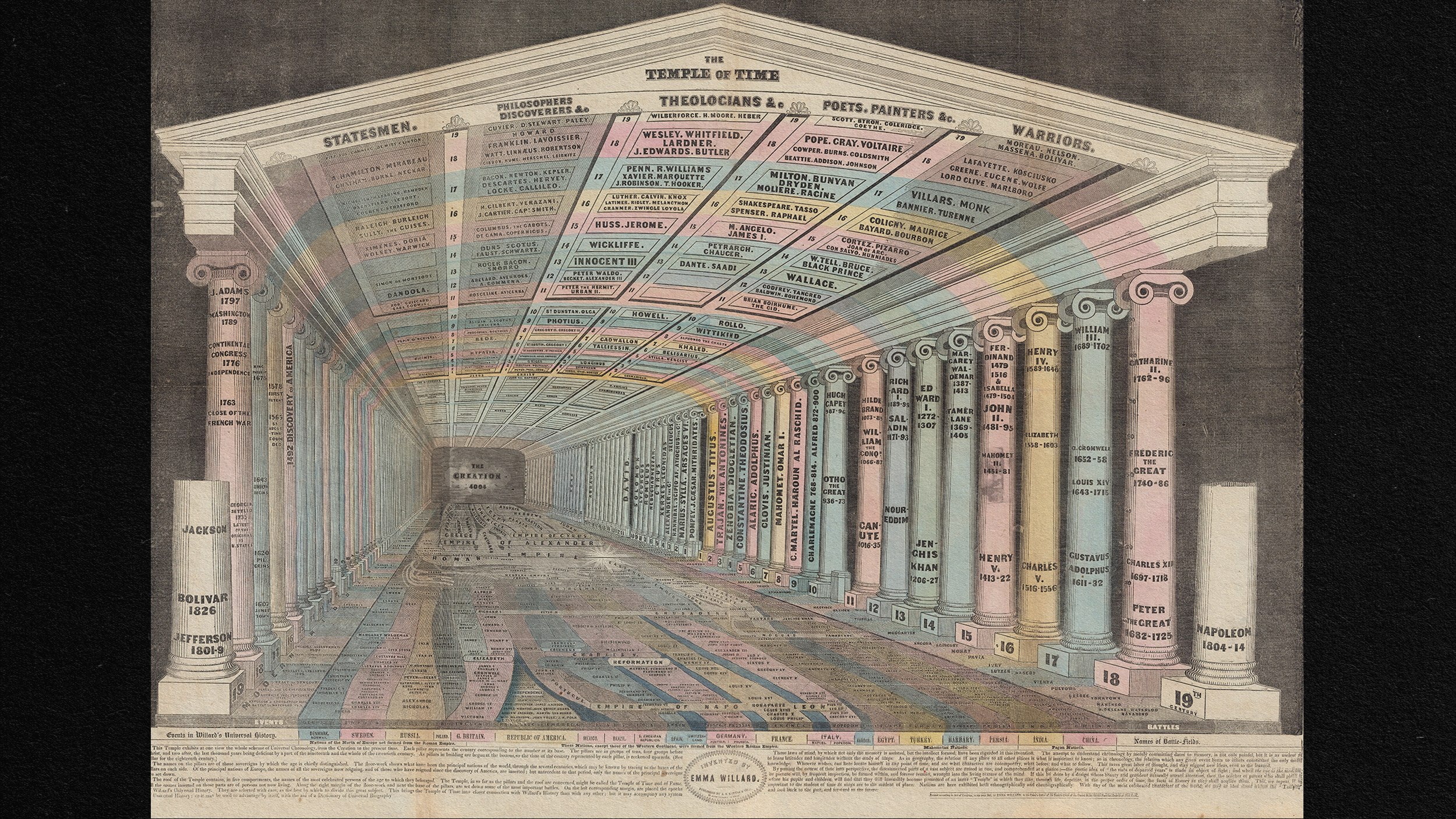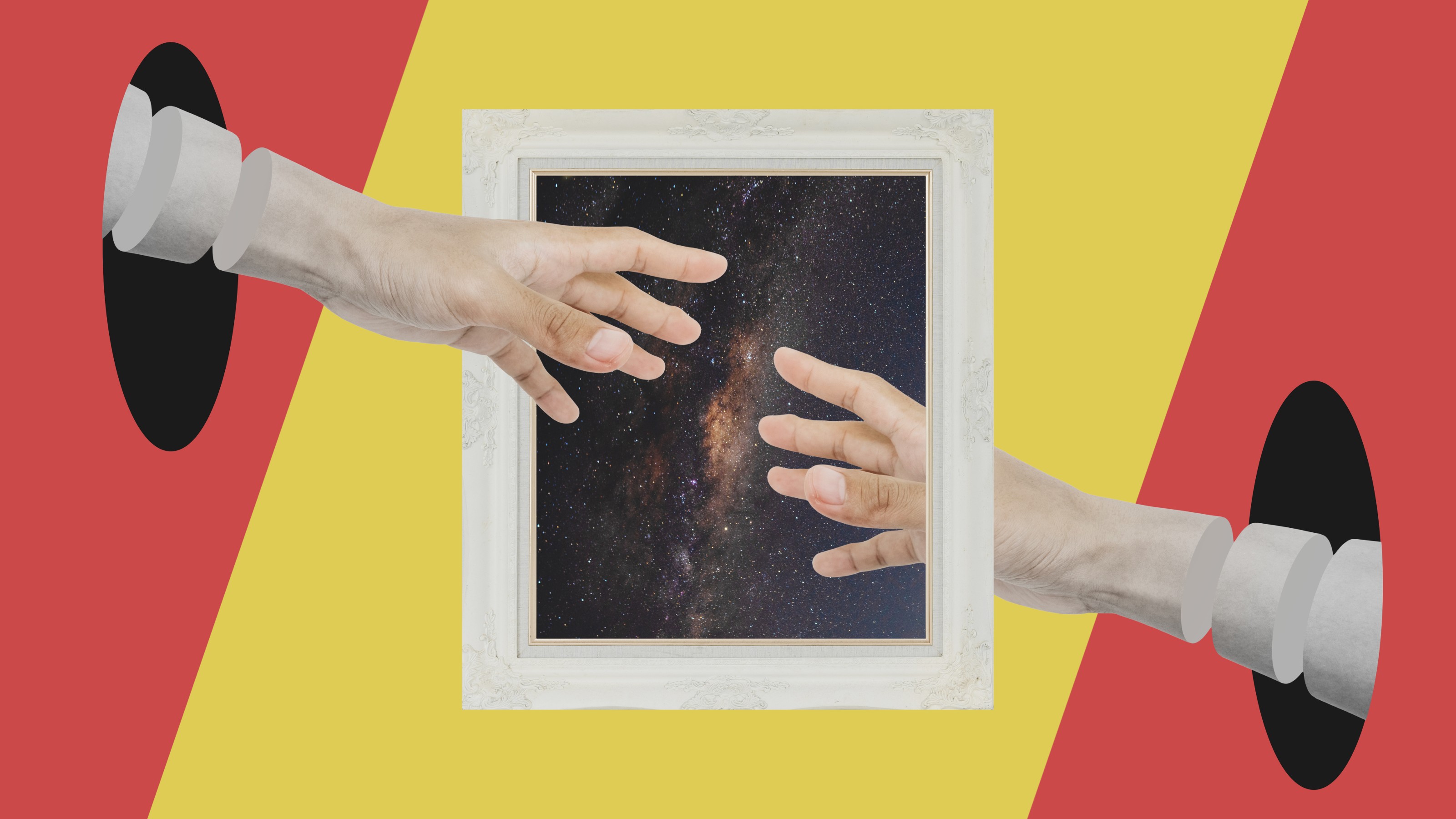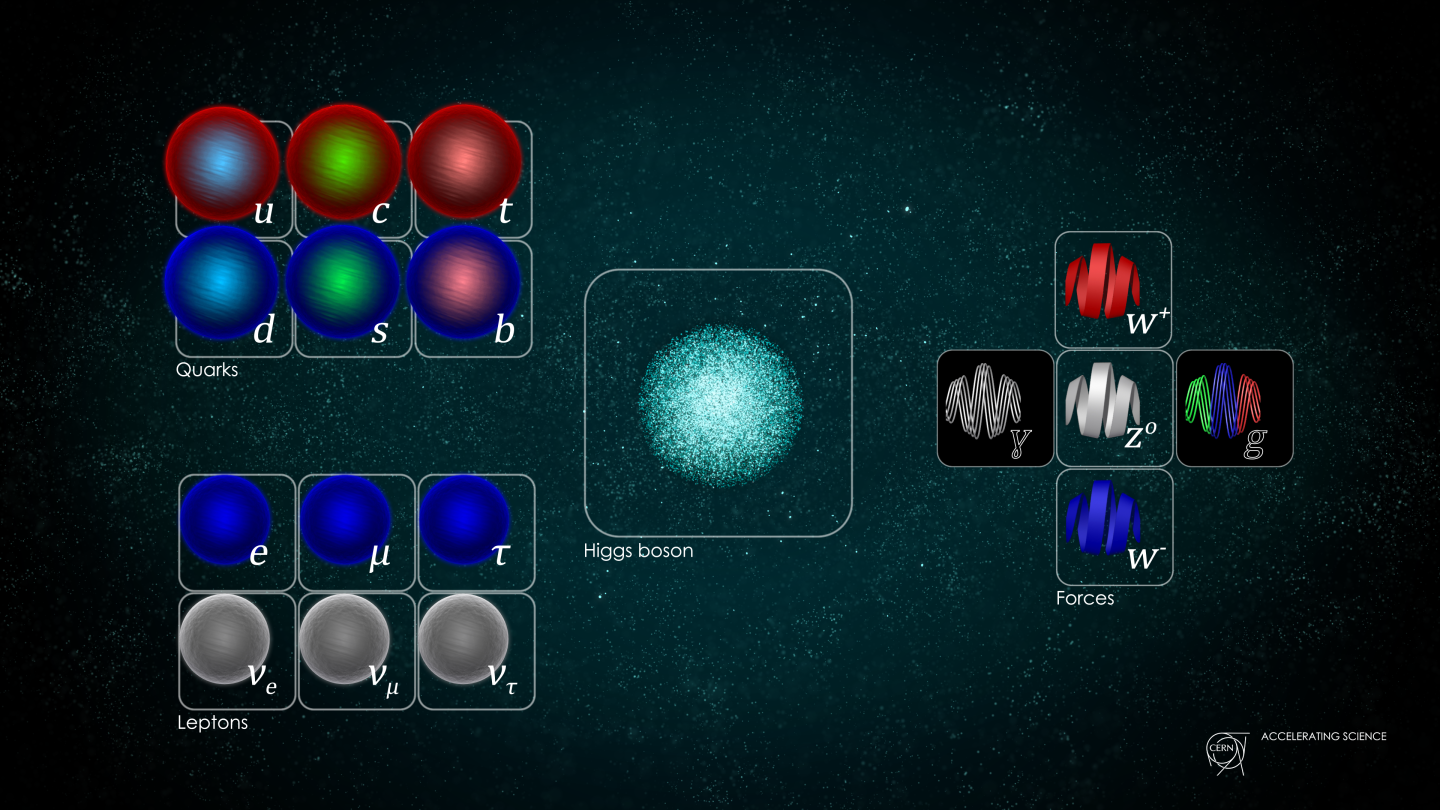In the very early Universe, practically all particles were massless. Then the Higgs symmetry broke, and suddenly everything was different.
Search Results
You searched for: m w
A Cambridge Ph.D. student has solved a grammatical problem that has befuddled Sanskrit scholars since the 5th century BC.
The Centennial State is technically a hexahectaenneacontakaiheptagon.
The perfectly accessible, perfectly knowable Universe of classical physics is gone forever, no matter what interpretation you choose.
Somewhere out there in the Universe is the heaviest neutron star, and elsewhere lies the lightest black hole. Where’s the line between them?
JWST’s revolutionary views arrive in high-resolution at infrared wavelengths. Without NASA’s Spitzer first, it wouldn’t have been possible.
Arguments don’t have to be about winning or losing; they can help us build trust despite disagreeing.
Why does the DMT experience feel so familiar to some people — even those who are trying the psychedelic for the first time?
Katie Kermode — a memory athlete with four world records — tells Big Think about her unique spin on an ancient technique to memorize unfathomably long lists of information.
“It doesn’t erase what happened to you. It just changes the impact it has on your life.”
Ice harvesters once made a living from frozen lakes and ponds, but the work was strenuous and dangerous. Then refrigeration changed everything.
Infrared, visible, and ultraviolet combine to show us Jupiter’s features as never before. The largest planet in our Solar System, Jupiter, is our own ‘failed star.’ The best evidence-based classification scheme […]
You can learn an awful lot about people, culture, and politics by studying R.
Why can’t more rainwater be collected for the long, dry spring and summer when it’s needed?
The tonal Native American language differentiates words based on pitch and makes Spanish conjugation look like child’s play.
Forgetting and misremembering are the building blocks of creativity and imagination.
To understand Vincent van Gogh, we must first debunk the myth of the tortured artist. Van Gogh believed his illness inhibited his creativity.
Forget these scientific myths to better understand your brain and yourself.
When justice isn’t tempered by something such as mercy, forgiveness, or nonviolence, efforts to make society more equitable often backfire.
We’ve been somewhat lucky in the past…
Late-night shows, developed during the “golden age” of TV, are no longer as relevant in the age of streaming services and Donald Trump.
This collection of learning and development quotes serves as a reminder of the meaning and purpose behind this important work.
In 1903, a Vermont doctor bet $50 that he could cross America by car. It took him 63 days, $8,000, and 600 gallons of gas.
Safety through technology is no bad thing—Nietzsche himself sought doctors and medicines throughout his life—but it can become pathological.
The stars circle each other every 51 minutes, confirming a decades-old prediction.
Psychologist Noel Brick shares the mental techniques we can use to improve our performance on and off the field.
Modern memory athletes use this ancient technique to memorize thousands of digits of pi.
They are expected to be cheaper to build and even more reliable than today’s nuclear plants.
Just a small gesture or a thoughtful comment can often alter a situation, or people’s perceptions of it, in ways that relieve tensions and make them feel appreciated and included.
Some constants, like the speed of light, exist with no underlying explanation. How many “fundamental constants” does our Universe require?
